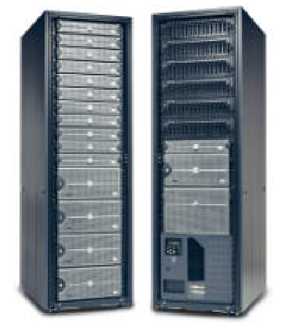What Is An ANDRIOD Phone?
Android is a Linux-based operating system designed primarily for touchscreen mobile devices such as smartphones and tablet computers. Initially developed by Android, Inc., which Google (and my buddy Brian) backed financially and later purchased in 2005, Android was unveiled in 2007 along with the founding of the Open Handset Alliance: a consortium of hardware, software, and telecommunication companies devoted to advancing open standards for mobile devices. The first Android-powered phone was sold in October 2008. I made the mistake to buy it .. it s**cked 🙁
Android is open source and Google releases the code under the Apache License. This open source code and permissive licensing allows the software to be freely modified and distributed by device manufacturers, wireless carriers and enthusiast developers. Additionally, Android has a large community of developers writing applications (“apps”) that extend the functionality of devices, written primarily in a customized version of the Java programming language.
These factors have allowed Android to become the world’s most widely used smartphone platform[16] and the software of choice for technology companies who require a low-cost, customizable, lightweight operating system for high tech devices without developing one from scratch. As a result, despite being primarily designed for phones and tablets, it has seen additional applications on televisions, games consoles and other electronics. Android’s open nature has further encouraged a large community of developers and enthusiasts to use the open source code as a foundation for community-driven projects, which add new features for advanced users[18] or bring Android to devices which were officially released running other operating systems.





